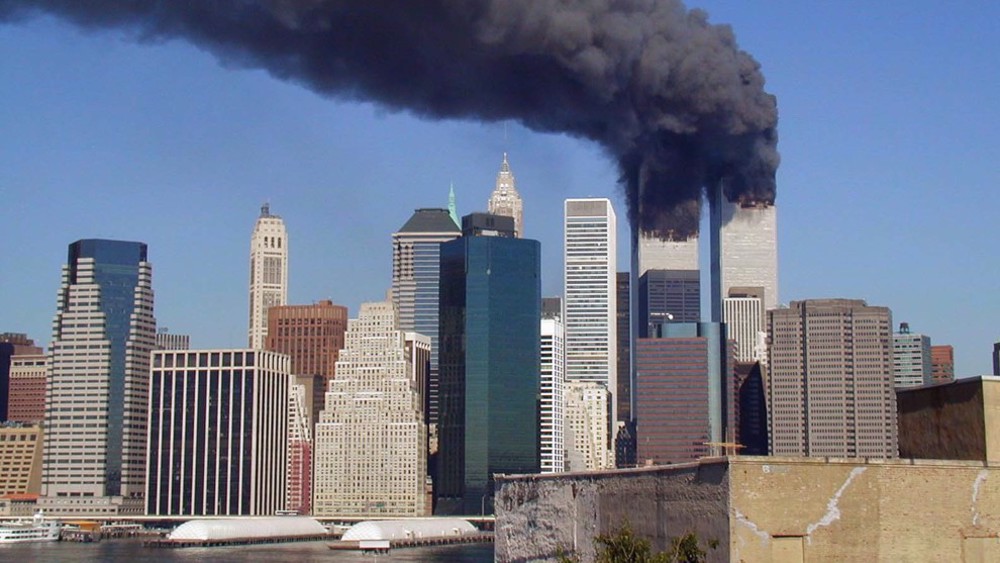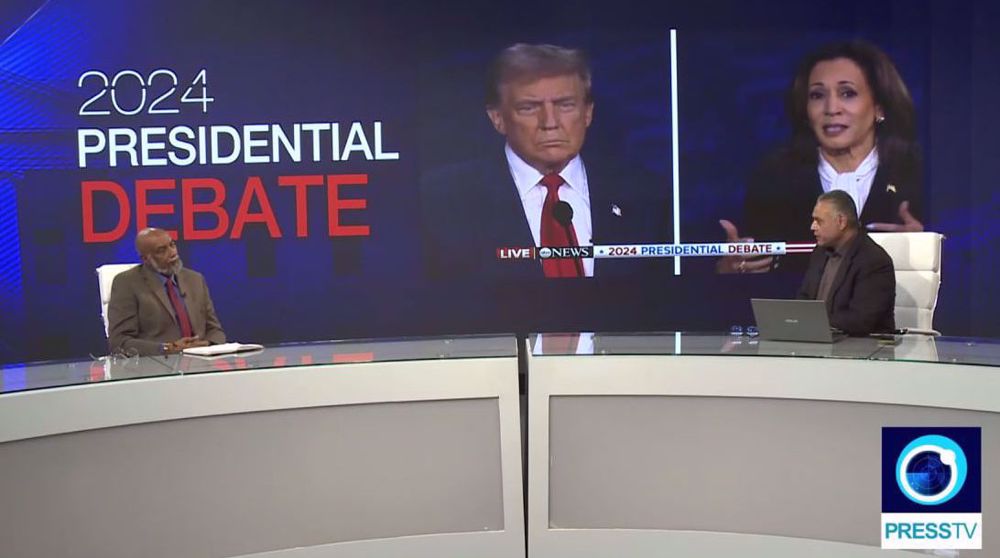Saudi Arabia carries out executions with West support: Analyst
Press TV has interviewed Saeed Shehabi, a political analyst and Middle East expert in London, about Saudi Arabia sentencing 14 people to death after convicting them of attacks on police in the Shia- populated area of Qatif in Eastern Province.
A rough transcription of the interview appears below.
Press TV: In spite of the UN Human Rights Council expressing deep concern about widespread violations of human rights in Saudi Arabia, we see the Saudis have now reportedly sentenced 14 others to death over charges they say are terror-related. Talk to us about this situation.
Shehabi: This is of course an outrageous step and move by the regime of Saudi Arabia because they are aware and they know that these people have not committed any offense. It is [the] persecution … that knows no bounds in dealing with the population of the Arabian Peninsula to send people to [the] gallows, to their fate, to kill them, to execute them, to crucify them is just outside the norms of modern-day society, modern-day values and ethics.
However, the Saudis have always managed to get away with murder. They kill their own citizens but because they have money, they have managed to silence everyone else but this time sentencing of 14 young people to death is simply unacceptable even by their own allies and I hope this time the United States and their allies in the West will tell them that, ‘Look, this is not acceptable. You must stop this nonsense and this outrageous behavior with your own people.’ Whether they will do that or not, we do not know but we hope that they will not execute these people.
Press TV: Well the Saudis of course they have a dismal human rights record and so many rights communities and rights organizations have been condemning these rights violations carried out by the Saudis but so far they have only been mere platitudes. When will these calls for condemnation turn into action?
Shehabi: I think our region is set to continue living in these conditions whereby money is the only consideration by those who are supporting those regimes. Now if the West is not supporting it that is fine, okay, the Saudis may do this, may do that but then the people can also take their own action against these regimes. The problem is that these regimes are supported; they are only there because of the Western support.
So when these regimes carry out executions or kill their own people or sentence people like Sheikh Ali Salman to jail, these countries in the West come to their aid, they support them politically, morally, militarily and also in terms of security managements. So the problem is that the people of the region are facing two enemies at the same time. One enemy is represented by these dictators, by the Al Saud, the Al Khalifah ... and the other enemy is the West which is supporting the killers, supporting the torturers, supporting those [who] have no ethical values, whatsoever.
So it is a double problem for the region itself not only for the people in Saudi Arabia and in Bahrain but in other Arab countries who are asking for reform, who are asking for representative government. The West does not care a little about human rights or about transformation to democracy. So the problem is going to continue for some time until the people have managed to regain their strength and deal these regimes severe blows that bring them down because with these regimes we will never have freedom of expression, freedom of opinion, freedom of association or freedom of political participation.
So we will be there for some time but I hope one day … will come when the people will have their own say and will overcome these obstacles and difficulties represented by the regimes and their Western backers.
Press TV: So it is the West favoritism that pretty much explains the inconsistency and double standards that we see coming from for example the United States where in the face of the rights violations carried out by the Saudis we see outrageous price tags on for example arms deals with the Al Saud?
Shehabi: Well I think the Western support is not free of charge. It comes at a high cost. The cost is in terms of usually money. Now this money which is extracted by the Americans, by the Western countries from Saudi Arabia is leaving a big mark on the Saudi society itself. Now I read in the news that 78 percent of female graduates from universities, including those with PhDs and masters, are unemployed, they cannot find employment. Officially they say about 11.5 percent of the population is unemployed. Where is the money then? The money goes either to the arms industries in the West and if an aircraft costs 50 million dollars, it will be sold to them at twice, double the price plus probably another price for servicing for another 20 years.
So if a deal is set for ten million or ten billion, at the end after 20 years it will have cost the country 40 billion. Now this has social costs and the implication is that the people live in misery, in poverty and also in fear for their own safety. So that is the problem that we are facing today.
VIDEO | Iran's president urges Pope to help end Israel's onslaught in Gaza
Iran's senior legal official: ICC arrest warrants for Netanyahu ‘great victory'
Nov. 21: ‘Axis of Resistance’ operations against Israeli occupation
VIDEO | Israeli forces storm West Bank’s Jenin again, target civilians
Iran activates advanced centrifuges after IAEA's 'unjust' resolution
VIDEO | Press TV's news headlines
Iran FM: Response to Israeli aggression 'inevitable'
VIDEO | Iran eases the rules for exporting hand-woven carpets














 This makes it easy to access the Press TV website
This makes it easy to access the Press TV website